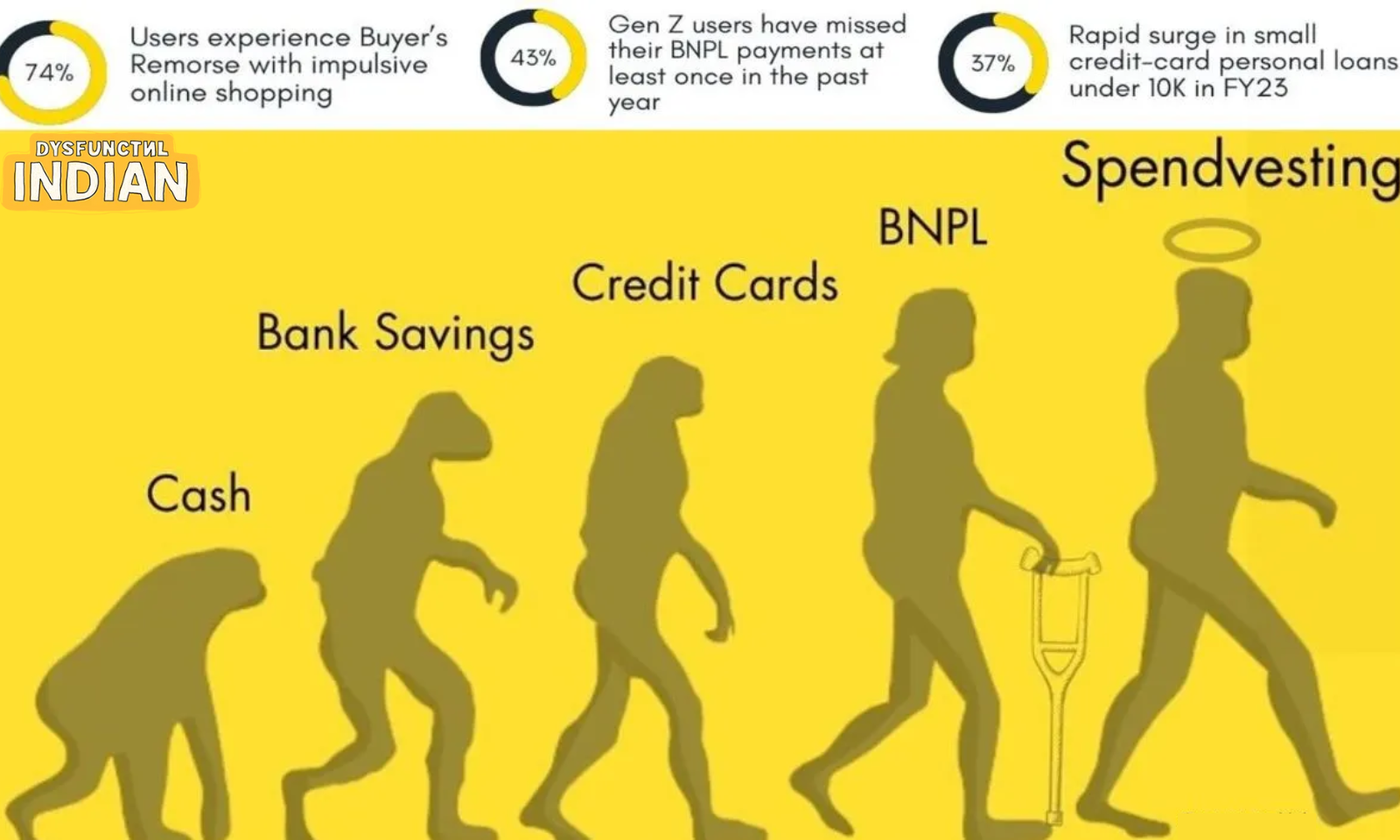Our Love Affair with True Crime
Posted by admin on 2024-10-29 |

True crime stories are everywhere –
from documentaries on streaming platforms to books, podcasts, and even YouTube
channels. This genre captivates millions worldwide, providing an intense mix of
intrigue, horror, and real-life drama. For Indian readers, the fascination may
be tied to universal themes of justice, morality, and the raw exposure of human
nature. But what drives us to keep coming back to stories of crime and mystery?
And what are the broader implications of this obsession?
The Thrill of Peeking into the Dark
Side of Humanity
True crime engages a deep
psychological allure, as it explores the darker aspects of human behavior that
most people prefer to avoid in daily life. Psychologists argue that humans are
naturally curious about fear and the unknown. According to Dr. Scott Bonn, a
criminologist and author of Why We Love Serial Killers, people are drawn
to the “thrill factor” that comes with exploring something morally taboo. The
genre offers a safe way to experience fear while maintaining the comfort of
distance from actual danger. Watching or reading true crime can provide an
adrenaline rush similar to a roller-coaster ride – intense but ultimately
controlled.
In India, a similar thrill factor is
seen in the popularity of shows like Crime Patrol and Savdhaan India.
These programs have drawn massive viewership by depicting real-life cases with
suspenseful storytelling, highlighting how such stories resonate universally.
Social Connection and Shared
Experience
True crime has also become a shared
social experience. Podcasts like Serial and My Favorite Murder
have created communities of listeners who connect over their shared interest.
In India, too, online forums and social media discussions around cases like the
Aarushi Talwar murder and Nirbhaya’s case have shown how people gather
virtually to discuss the facts, speculate on motives, and even debate the
justice system’s efficacy.
According to researchers at Penn
State University, the “shared experience” of watching or discussing crime
stories can provide a sense of connection. As society becomes more digitally
oriented, these shared conversations foster virtual community bonds, making
people feel less isolated.
The Impact on Perception of Crime
While true crime can educate the
public on justice and safety, it also has significant effects on the perception
of crime. Media analyst George Gerbner introduced the idea of “Mean World
Syndrome,” where repeated exposure to violent stories, especially in true
crime, can make viewers believe the world is more dangerous than it actually
is. For instance, an increase in true crime consumption may lead some to
perceive crime rates as higher, despite crime rates in countries like India
actually having declined in recent years.
Studies from the Pew Research Center
support this theory, showing that individuals who consume a high amount of
crime-related media are more likely to overestimate crime levels. This effect
can contribute to a sense of fear and mistrust in communities, driving people
to feel more vulnerable or suspicious than they might otherwise be.
Ethical Concerns in the True Crime
Industry
True crime’s portrayal of real
people, especially victims, raises ethical questions. Critics argue that the
genre often prioritizes entertainment over respect for the individuals
affected, sometimes causing further trauma to families. A recent example is the
documentary series on serial killer Ted Bundy, which was criticized for
sensationalizing Bundy’s life and downplaying the suffering of his victims.
In India, a similar ethical debate
emerged around the Netflix series Delhi Crime, which dramatized the
Nirbhaya case. While some praised it for highlighting police work, others
questioned whether such stories should be repurposed for entertainment.
Journalist Shubhra Gupta argued in The Indian Express that presenting
such raw stories can be exploitative, especially when the real people involved
are still grieving.
The Moral Responsibility of True
Crime Consumers
As consumers of true crime, it’s
essential to recognize our own role in influencing this industry. By choosing
content that respects victims, emphasizes justice, and avoids glamorizing the
perpetrators, we can encourage more ethical portrayals of crime. Streaming
platforms are increasingly responding to viewer demands, with series focusing
on victim narratives and showing cases where justice is served. In essence, the
power to shift the genre away from sensationalism and toward awareness and
sensitivity lies in the viewer’s hands.
A Lasting Fascination
Ultimately, our fascination with
true crime is rooted in a blend of psychology, culture, and morality. The genre
allows us to explore fear in a controlled environment, engage in meaningful
discussions, and witness the workings of justice. However, it also demands
caution and self-awareness from both creators and audiences. As Indian viewers
continue to engage with true crime stories, the ethical balance between
storytelling and respect remains a crucial consideration.
True crime may never lose its grip
on our collective imagination. But by being more mindful of its impact, we can
ensure that it not only entertains but also contributes positively to society’s
understanding of crime, justice, and empathy.









